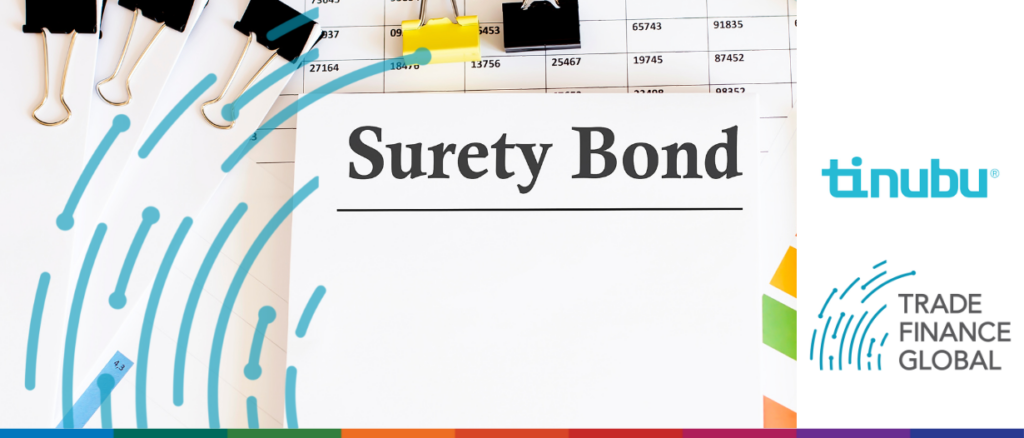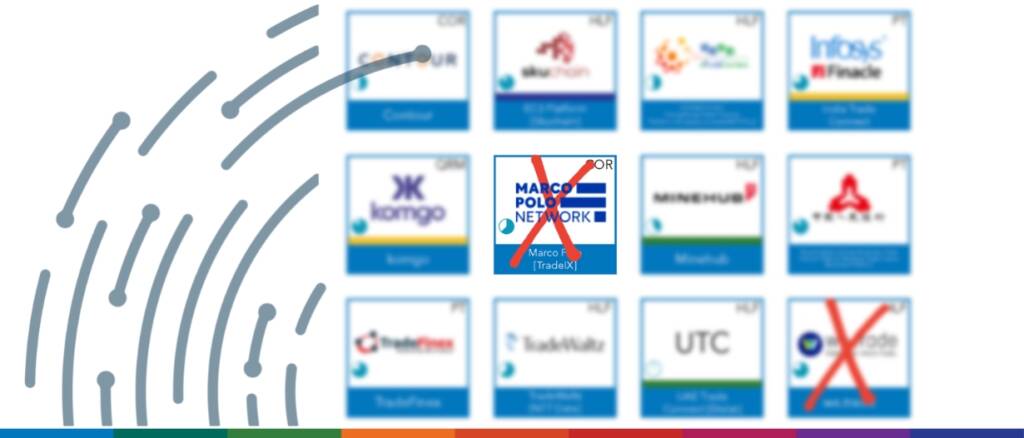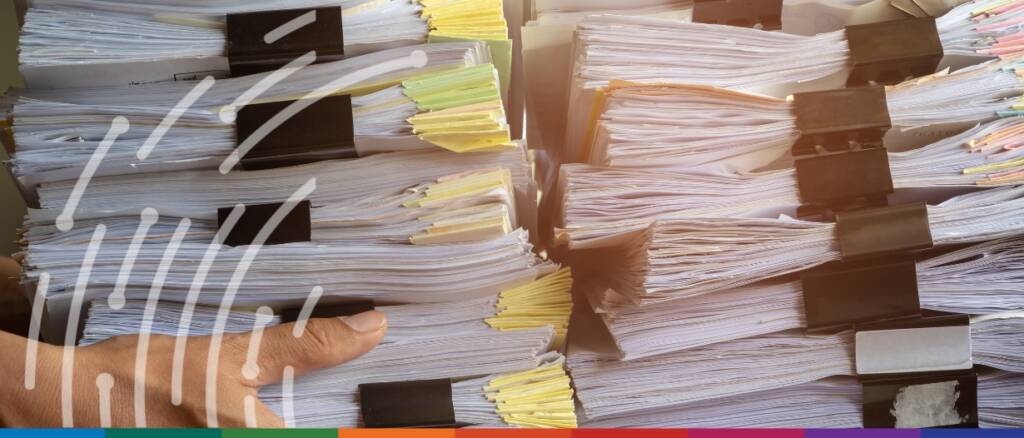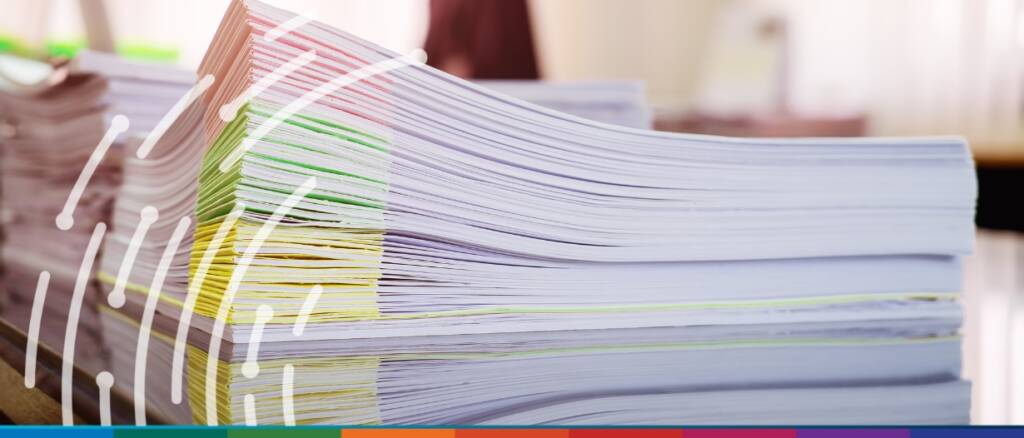Hamsika Gopalan discusses the trade finance and commodity environment for SMEs in 2023. After a few years of volatility, 2023 is expected to be another difficult year.
Your Monday morning coffee briefing from TFG, 27 February 2023
As more companies look for ways to expand into new markets, surety bonds provide a valuable safeguard and financial advantage.
A court ruling on 22 February heard that the Marco Polo Network has debts of more than €5.2 million (£4.6 million).
Trade and export finance expert Domenico Del Sorbo’s take on how to prepare the “draft” in accordance with the letter of credit conditions and provisions.
Your Monday morning coffee briefing from TFG, 20 February 2023
UCP 600 article 2 states that a “Complying Presentation means a presentation that is in accordance with the terms and conditions of the credit, the applicable provisions of these rules and international standard banking practice.”
While consensus and recognised standards exist for carbon footprint measurement and reporting, carbon offsetting and the quality of underlying projects are still subject to debate.
Though an important instrument in international trade, letters of credit are complex, and their definition can cause confusion….
Daniel Barbosa of Fex Agro shares his personal experience, lessons learned and adaptability in commodity trading






















